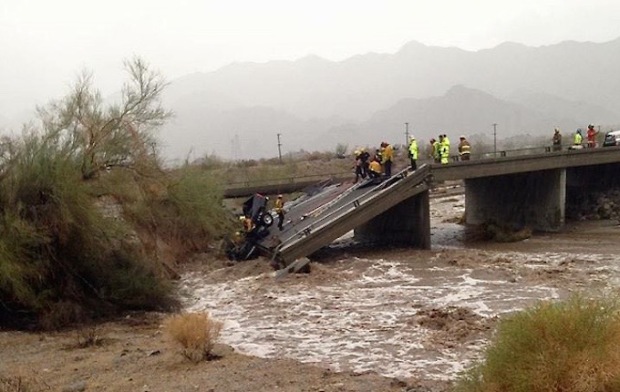
If there’s one thing Joseph Stiglitz wants to say about inequality, it’s that it has been a choice, not an unexpected, unfortunate economic outcome. That’s unnerving, but it also means that citizens and politicians have the opportunity to fix the problem before it gets worse.
In his new book, Rewriting the Rules of the American Economy: An Agenda for Growth and Shared Prosperity, Stiglitz, a Nobel-prize winning economist, professor at Columbia University, and the chief economist at the Roosevelt Institute, asks the question “Can the rules of America’s economy be rewritten to benefit everyone—not just the wealthy?” The answer, he insists, is yes.
Stiglitz describes the current situation as “a stark picture of a world gone wrong”: He notes that 91 percent of all income growth between 2009 and 2012 was enjoyed by the wealthiest 1 percent of Americans. In the first half of the book, Stiglitz focuses on the practices and policies that have gotten the country to this point. It is a familiar story: The demise of labor unions, the increasing financialization of the economy, and the lack of wealth-building opportunities in minority communities have made the rich richer while leaving everyone else to flounder. He lists off a bevy of other contributors too: weak wages, ineffective regulation and federal oversight, and a focus on short-term versus long-term growth, which embodies a preference for rewarding shareholders over workers and consumers.
Stiglitz also notes that despite advancements in technology, which should — in theory — increase efficiency and lower costs, consumers are paying more in fees for financial services, which enriches big banks and companies while siphoning money out of the middle class. All of these things, he says, have created a society with a gaping hole, not only in its economic makeup, but in its morality.
Stiglitz spends the latter portion of the book laying out how to fix things. Like his primer on how inequality came to be, the solutions cover everything from fiscal policy to corporate boardrooms to retirement savings. His overview doesn’t prioritize pragmatism: A solution that only involves overhauling the few things that everyone agrees need to be overhauled is no solution at all, he argues.
Instead, he swings for the fences, suggesting a massive revision in the way the U.S. economy does business. First up is the attempt to tame what is called rent-seeking—the practice of increasing wealth by taking it from others rather than generating any actual economic activity. Lobbying, for example, allows large companies to spend money influencing laws and regulations in their favor, but lobbying itself isn’t helpful for the economy besides creating a small number of jobs in Washington; it produces nothing but helps an already rich and influential group grow more rich and more influential. Stiglitz suggests that reducing rent-seeking is critical to reining in inequality, especially when it comes to complex issues such as housing prices, patents, and the power that large corporations wield.
RTFA for an outline of recommendations from Joe Stiglitz. Nothing you haven’t heard of – or who is affected the most. The rich and powerful who own Congress and your state government.
Read his book. Get your butt in gear to avail yourself of what little political power you have. It’s sad that our only choice – at the moment – is removing power from the evil of two lessers. Kick Republicans and Blue Dog Democrats out of office. Elect liberal and progressive Democrats. Fight to get them to adopt an electoral platform based on a complete overhaul of our tax system, a reform of our education system focussed on standards from students to teachers and administrators, rejuvenating infrastructure.
It ain’t going to happen from the top down. That will be the promise from both political parties. Crap propaganda. We need to shovel away the opportunists who chose political life for profit and power. That’s as much hard work as anything else.


